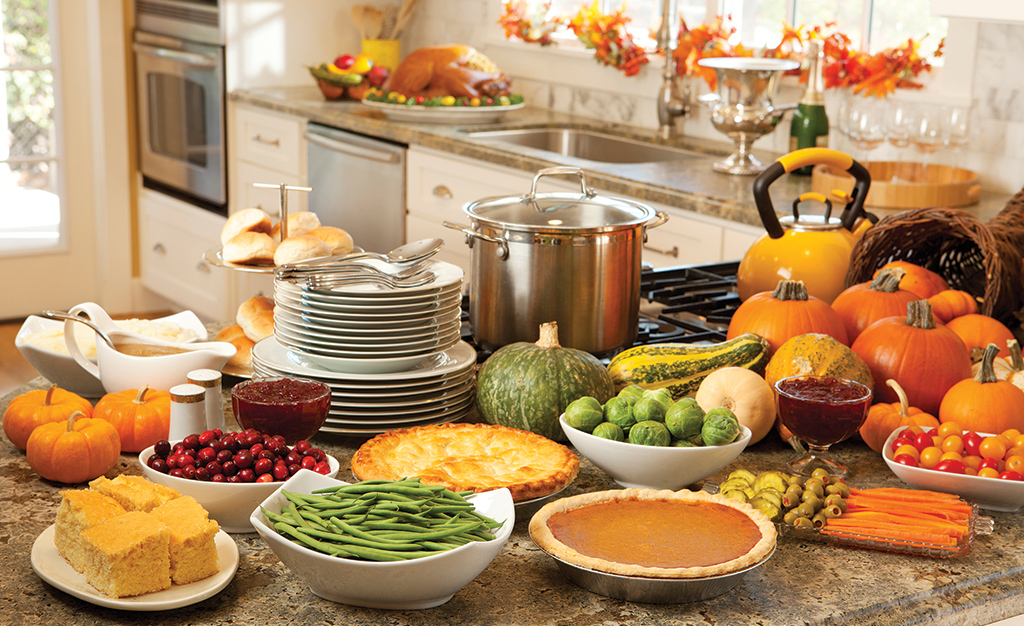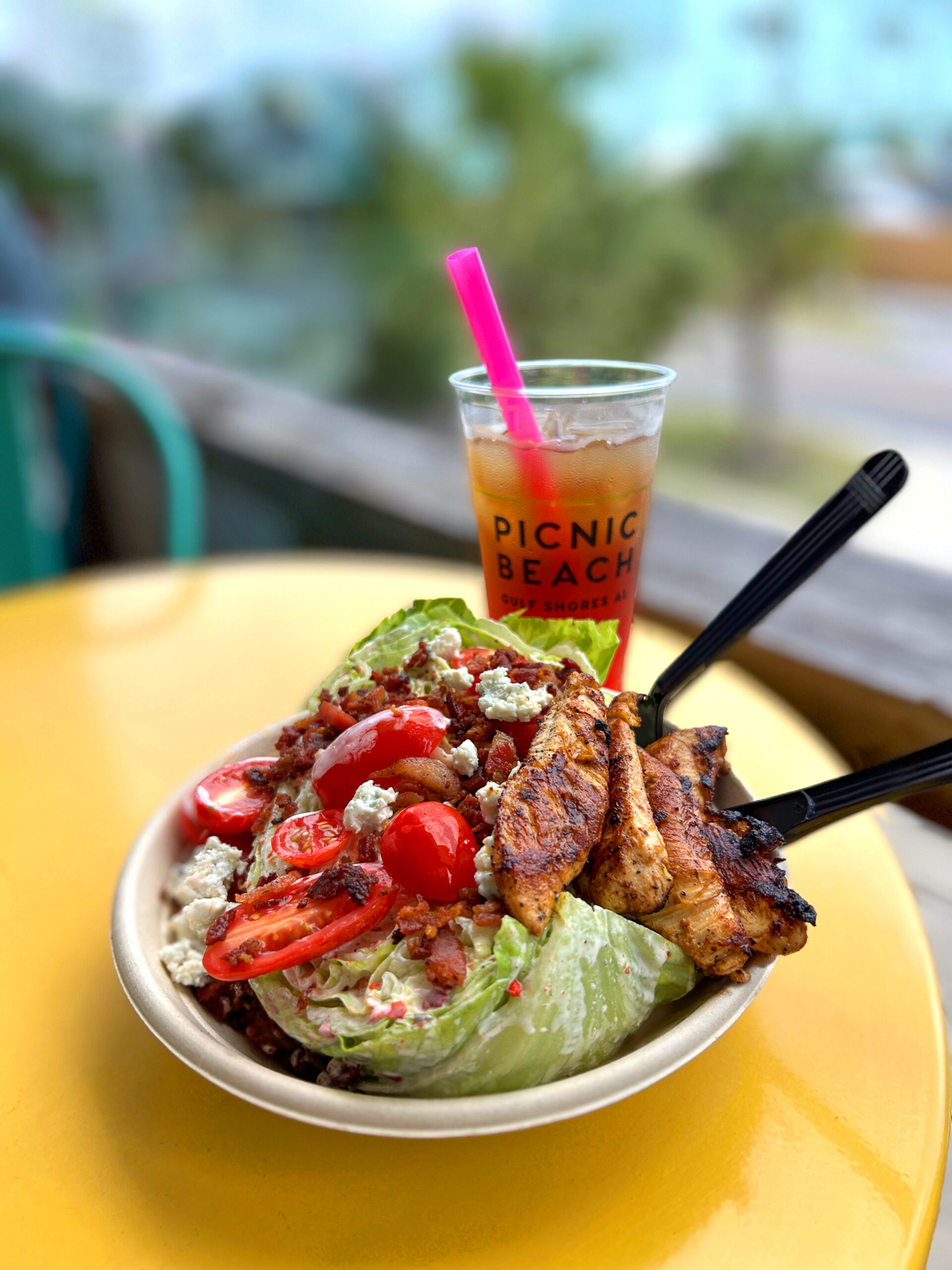Holiday menus challenge people with diabetes, but planning pays off
Food plays a central role in many family celebrations and parties at holiday times, especially during November and December. If you have diabetes or are trying to prevent having Type 2 diabetes, this season can be especially challenging because of the large number of festive occasions that seem to revolve around eating.
Your health care provider may have discussed with you how certain foods may affect your blood sugar more than other foods. But this doesn’t mean you have to forego all your favorite dishes. People living with diabetes still can enjoy tempting food at holiday meals and parties without overeating or feeling deprived.
When preparing to go somewhere you know there is going to be a lot of food offered, planning ahead really helps. Anticipating the menu allows you to select the foods that will be easier to fit into your meal plan. If you are unsure what will be served at a special event, check it out when you arrive. If there’s a buffet line, take small bites of the food choices that you think you might like so you can save your portions for the foods that taste the best. Try to choose healthier, fresher, and less-processed alternatives in appropriate portion sizes.
You don’t need to abandon your meal plan totally, but you have some leeway. Here are some tips for eating healthy and delicious food at special events:
- Have a light snack of a non-starchy vegetable or protein before you arrive, so you’re not too hungry and can more easily avoid the temptation to overeat.
- If it’s appropriate, such as at a covered dish meal, bring food that you know you really enjoy and that fits into your meal plan.
- Make smart food selections, eat slowly, and savor your food. Resist second helpings.
- Quench your thirst with water instead of soft drinks or juice, and limit alcohol. Not only does consuming alcohol add calories, but it can increase your appetite. Don’t drink alcohol on an empty stomach.
- At celebrations, dessert is frequently the highlight of the event. Most sweets contain a lot of carbohydrates so you will want to keep portion sizes small. Plan for dessert by eating more vegetables earlier in the meal, and saving calories and carbohydrates for a small portion of a dessert you really want.
Remember, with care and moderation, holiday meals and traditions do not have to disrupt your diabetes control. With some preparation, you can enjoy a healthy and happy holiday. Just dine in moderation as part of an overall healthy eating plan. This recommendation holds true for everyone, not just people with diabetes.
To learn more about eating healthy at family functions and special occasions, visit adph.org/diabetes.
Jim McVay, Dr.P.A., is director of the Bureau of Health Promotion and Chronic Disease of the Alabama Department of Public Health.





